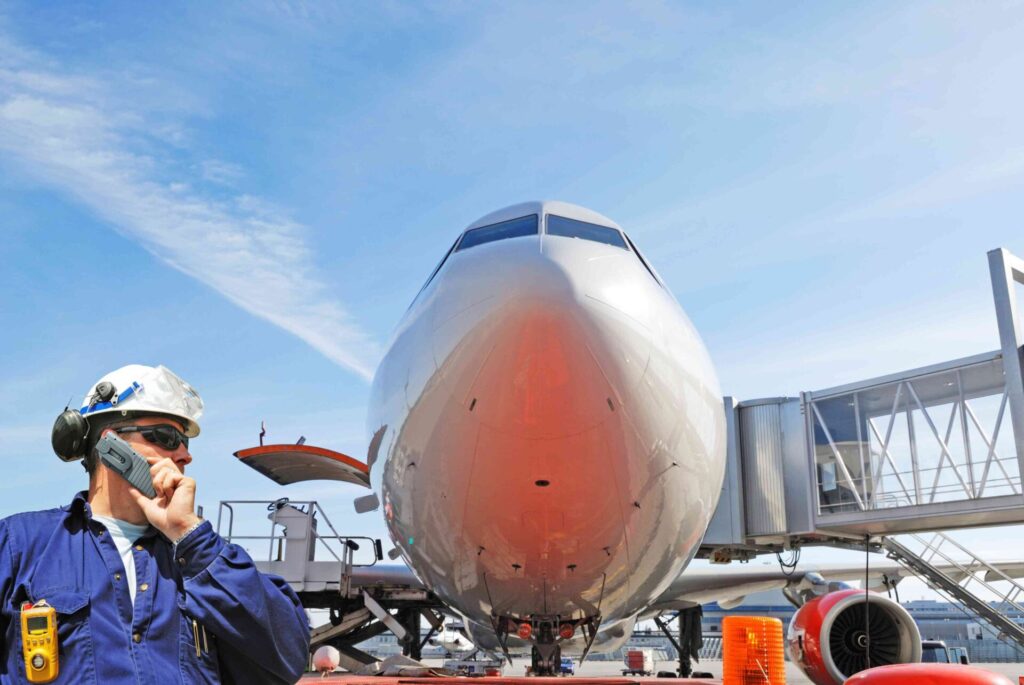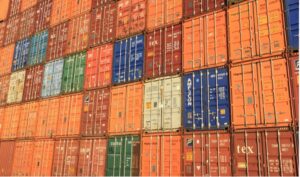In today’s fast-paced world, businesses need efficient and reliable methods to move goods internationally. When it comes to shipping from China to Germany, air freight emerges as a compelling option, offering significant advantages over traditional methods like sea freight. This comprehensive guide explores everything you need to understand about air freight China to Germany, empowering you to make informed decisions for your import and export needs.
Advantages of Air Freight over Other Shipping Methods

- Speed: Air freight boasts the fastest delivery times, typically taking just 3-7 days to get your cargo from China to Germany. This is a stark contrast to sea freight, which can take weeks or even months. This rapid transit is ideal for perishable goods, time-sensitive shipments, and situations where meeting deadlines is crucial.
- Enhanced Reliability: Air travel offers a more predictable schedule compared to ocean freight. Flights operate on fixed timetables, minimizing the risk of delays caused by unpredictable weather conditions at sea. This predictability allows for better inventory management and planning on both ends of the supply chain.
- Reduced Risk of Damage: Air cargo experiences less handling compared to sea freight, minimizing the potential for damage or loss. Modern aircraft are pressurized and temperature-controlled, ensuring your goods maintain optimal conditions throughout the journey.
- Greater Security: Airports have robust security measures in place, offering a higher level of protection against theft and pilferage compared to seaports. This is particularly important for high-value or sensitive cargo.
- Wider Market Reach: Air freight offers access to a wider range of destinations compared to sea freight. This flexibility is crucial for businesses looking to expand their reach and tap into new markets in Germany.
Air Freight Process and Logistics

Understanding the air freight process from China to Germany is essential for a smooth and efficient experience. Here’s a breakdown of the key steps involved:
- Booking: The first step involves contacting a reputable air freight forwarder. They will handle the logistics, documentation, and customs clearance. Discuss your cargo details, including weight, dimensions, and desired delivery timeframe.
- Collection and Pre-Carriage: The forwarder arranges for the collection of your goods from your supplier’s location in China. The cargo is then transported to the airport for processing.
- Customs Clearance: The forwarder ensures all necessary customs documentation is in order for export from China and import into Germany. This includes commercial invoices, packing lists, certificates of origin, and any other relevant permits.
- Flight and Consolidation: Your cargo may be consolidated with other shipments to optimize space and cost on the aircraft. The forwarder books the appropriate flight based on your requirements.
- Destination Handling and Delivery: Upon arrival at the German airport, your shipment undergoes customs clearance in Germany. Finally, the cargo is delivered to your designated location within Germany.
Key Considerations When Shipping from China to Germany
Several factors need to be considered when planning your air freight shipment from China to Germany:
- Cargo Type: Air freight is not suitable for all types of goods. Fragile items, hazardous materials, and oversized cargo may have specific regulations or restrictions. Discuss your specific cargo with your chosen freight forwarder.
- Weight and Dimensions: Air freight costs are typically calculated based on a combination of weight and volumetric weight (dimensions). Understanding these factors will enable you to estimate your shipping costs.
- Incoterms: Incoterms (International Commercial Terms) define the responsibilities of the buyer and seller regarding costs and risks associated with the shipment. It’s crucial to choose the appropriate Incoterm (e. g., FOB, EXW, DDP) to ensure clarity regarding ownership and responsibility at each stage of the journey.
- Delivery Timeframe: Define your desired delivery timeframe. While air freight offers the fastest option, express air freight services can expedite delivery further at a premium cost.
Choosing the Right Air Freight Service Provider

Selecting the right air freight service provider is crucial for a successful and cost-effective shipment. Here are some key factors to consider:
- Experience and Reputation: Choose a forwarder with proven experience in handling air freight shipments from China to Germany. Look for positive customer reviews and a strong track record in the industry.
- Service Offerings: Ensure the provider offers the services you require, including customs clearance, cargo insurance, and door-to-door delivery options.
- Competitive Rates: Obtain quotes from several freight forwarders to compare pricing and service offerings. Negotiate rates based on volume or frequent shipments.
- Communication and Transparency: Choose a forwarder that provides clear communication throughout the process, keeping you updated on the status of your shipment.
Packaging and Labeling Requirements for Air Freight
Proper packaging and labeling are essential for safe and secure air freight transportation from China to Germany. Here’s what you need to know:
- Durability: The packaging must be strong enough to withstand the rigors of air travel, including handling, loading, and unloading. Utilize sturdy cardboard boxes, wooden crates, or pallets depending on your cargo’s weight and fragility.
- Protection: Ensure your goods are adequately protected from potential damage during transportation. Use appropriate cushioning materials like bubble wrap, foam inserts, or packing peanuts to prevent shifting and impact.
- Labeling: Clear and accurate labeling is critical. Labels should include the following information:
- Consignee (receiver) name and address in Germany
- Shipper (sender) name and address in China
- Number of packages in the shipment
- Gross weight and dimensions of each package
- Description of the contents
- Any special handling instructions (e.g., “Fragile,” “Keep Upright”)
- Compliance with Regulations: Ensure your packaging adheres to International Air Transport Association (IATA) regulations for dangerous goods if your shipment contains any hazardous materials.
Customs and Documentation for International Air Freight

Customs clearance is a crucial step in the air freight process. Here’s what you need to prepare:
- Commercial Invoice: A detailed commercial invoice outlining the value, quantity, and description of your goods is essential.
- Packing List: A packing list itemizes the contents of each package, including weight and dimensions.
- Certificate of Origin: This document certifies the country where your goods were manufactured.
- Other Permits (if applicable): Depending on the nature of your goods, additional permits or certificates may be required by German customs authorities.
Having all the necessary documentation completed accurately and in advance will expedite the customs clearance process and minimize delays.
Optimization Tips for Cost-Effective Air Freight
While air freight offers speed and convenience, it can also be a more expensive shipping option compared to sea freight. Here are some tips to optimize your costs:
- Consolidate Shipments: If you have multiple smaller shipments, consider consolidating them into one larger shipment to benefit from economies of scale and potentially lower per-kilo rates.
- Choose the Right Airport: Air freight costs can vary depending on the origin and destination airports. Consider using secondary airports that may offer more competitive rates.
- Plan in Advance: Booking your shipment in advance, especially during peak seasons, can help you secure better pricing compared to last-minute bookings.
- Negotiate Rates: Don’t be afraid to negotiate rates with freight forwarders, especially if you are a frequent shipper.
- Utilize Free Trade Agreements (FTAs): If your goods qualify under any existing Free Trade Agreements between China and Germany, you may be able to benefit from reduced or eliminated customs duties.
By implementing these optimization strategies, you can ensure you are getting the most value for your air freight costs.
Common Challenges in Air Freight and How to Overcome Them
Even with its advantages, air freight presents some potential challenges. Here’s how to navigate them:
- Flight Delays: While air travel offers predictability compared to sea freight, unforeseen circumstances can lead to flight delays. Staying informed about weather conditions and maintaining open communication with your forwarder can help you mitigate the impact of delays.
- Customs Clearance Issues: Incomplete or inaccurate documentation can cause delays at customs. Ensure you have all the required documents prepared meticulously to avoid any hold-ups.
- Cargo Damage: While air freight offers a lower risk of damage compared to sea freight, accidents can still occur. Proper packaging and cargo insurance can help minimize financial losses if damage does occur.
By understanding these potential challenges and taking proactive measures, you can ensure a smooth and successful air freight experience for your shipments from China to Germany.





